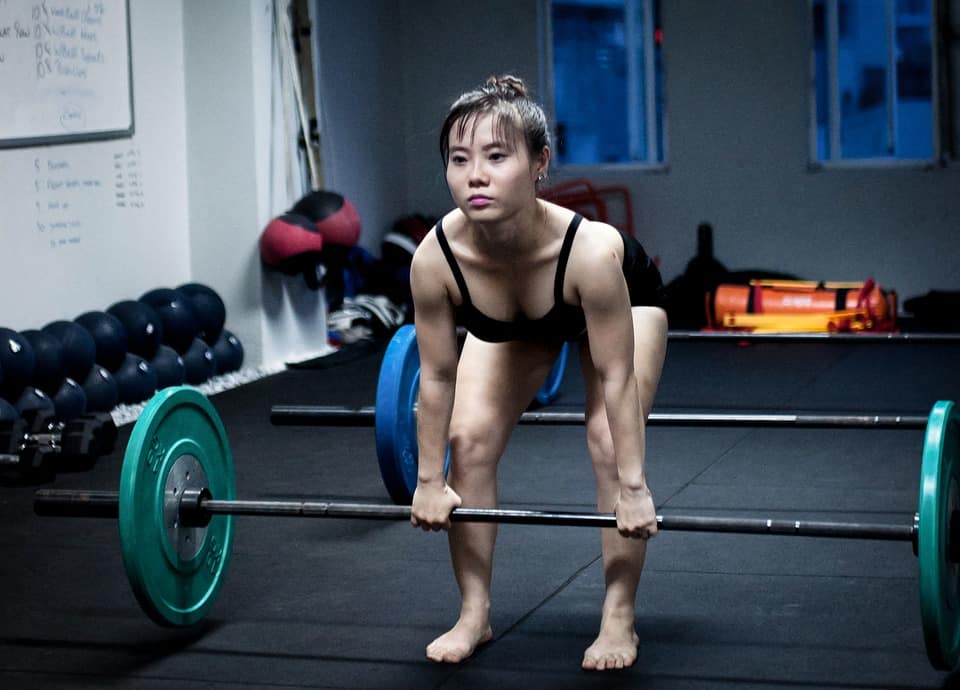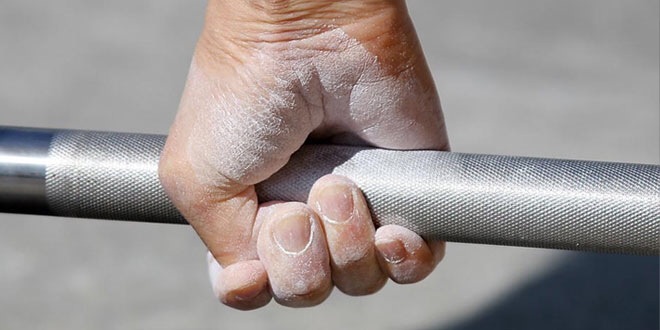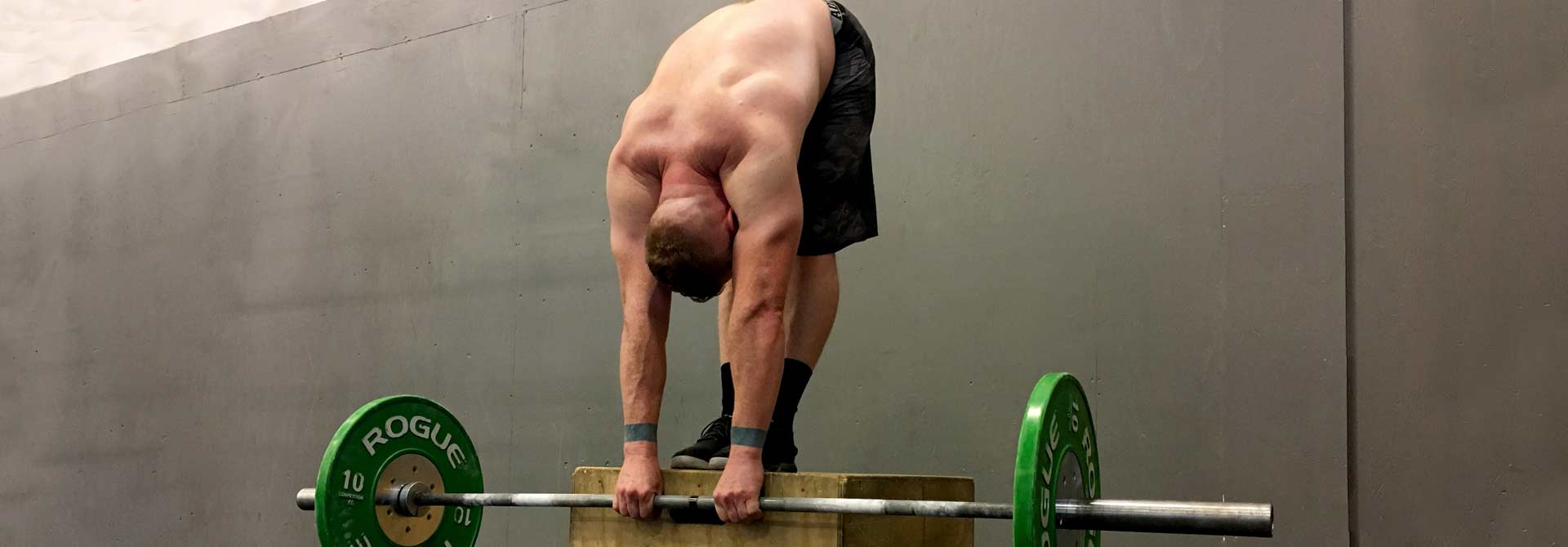I love powerlifting. But I will be the first to acknowledge that it can be a dangerous sport. The keyword here being can. Inherently, powerlifting is about as dangerous as similar sports, and less dangerous than most sports kids play. Statistically, it’s also dangerous to cross the street or eat a hot dog. Is powerlifting good for your body, though? The evidence suggests that it is good for your body, yes.
Resistance training exercises present an enormous boon to physical wellness. Putting stress on your body and your joints also helps build resistance to injury and pain, in the long run, meaning powerlifting can help you invest in a life with less pain and more strength as you age. Despite constant worries about joints exploding and spines collapsing, a powerlifting program will build a stronger, more resilient body.
It isn’t necessarily healthy to compete in powerlifting, if only because competition encourages you to push yourself past your limits at least once on the platform. If and when this leads to injury, it’s far more likely to lead to more than just one. However, as a hobby or even as an amateur sport, powerlifting is a perfectly healthy activity, given proper recovery, programming, and instruction (like any athletic activity).
Powerlifting Injury Rates
When I previously wrote about powerlifting injuries, and how common they are, I mentioned that current estimates suggest most powerlifters get injured between 1-5 times per 1000 hours of practice and training. While plenty of different factors affected that rate (gender being one of the only significant factors, with men getting hurt more often than women), the most important factor in whether or not you get hurt while powerlifting is a previous injury (regardless of whether that injury is also powerlifting related).
This means powerlifting is more dangerous if you’ve already gotten seriously hurt at any point during the past in an area that typically gets hurt while powerlifting (the most egregious being the knee, the back, and the shoulder), and it means that if you’ve injured yourself once before, you will need to take care that it doesn’t happen again (and thus pay more attention in rehab and prehab).
Do note, however, that the definition of “injury” is often incredibly broad and can differ. A common definition of an injury is any physical incident that forces accommodation of any sort. This includes a minor strain causing you to take a break from benching for a week or two. It also includes a total pec tear that can’t be totally reversed, even after going under the knife.
Generally speaking, however, the latter is far rarer than the former, and most of the time, when you get “injured”, it’ll be the kind of pain you can safely train around, and address after it’s gone via better warmup and a few accessories addressing any potential contributing factors (common ones including poor technique and set up in the bench, glute weakness, not bracing properly in the pull, and so on).
Powerlifting and Old Age
One thing I should mention is that the injury rates for other sports are significantly higher, particularly contact sports. Powerlifting is an excellent activity for those who have previously been injured because while you are more likely to get injured again than if you were totally healthy, the odds are still pretty low – and powerlifting can help you reduce the pain associated with injury via the benefits of heavy resistance training.
These benefits are amplified if you’re older or prone to rheumatic arthritis, as strength training especially benefits those who feel their joints becoming worse for wear. The idea being that strength training not only helps the body invest further resources in strengthening bones that are often more prone to breaking in old age, but it also helps build up musculature that absorbs the impact of everyday living, taking some of the stress off your joints.
Of course, all this is taking into account that you’re most likely not trying to become a super heavyweight lifter and that you aren’t attempting to break world records. Adopting powerlifting as a past time and spending more time under the bar will prepare your body for the pains of growing up, contrary to popular belief.
Powerlifting Is Good for the Brain
I’ve talked about lean mass, mentioned how it correlates with longevity, and how resistance training with compound movements (as most powerlifting programs tend to focus on) can reduce chronic pain and help people with joint issues and weakening bones. Now I’ll address another matter – the fact that powerlifting also has an impact on an aging brain.
You’re not only going to benefit from the protective and restorative effects of resistance training in old age if you continue to powerlift well into your senior years, but you can also help stave off dementia and associated signs of brain aging. Several studies have concluded that weight training has a significant effect on cognition in aging subjects, effectively boosting memory performance and cognitive ability via regular physical activity, specifically strength training.
The correlation between muscles and a healthy brain may be linked to the actual cerebral nature of lifting weights (not so much the philosophy of weight lifting, but the motor action and coordination needed to tell your muscles to move the weight), as well as the benefits of physical activity in staving off and building resistance towards systemic inflammation.
Powerlifting is, in general, good for your body. It’s good for your lifespan, it’s good for your bones, it’s good for an aging brain. If you overdo it or approach it like an idiot, you will get hurt – as with anything, the dose makes the poison. But as far as physical activities and sports go, powerlifting is a statistically safe choice.




